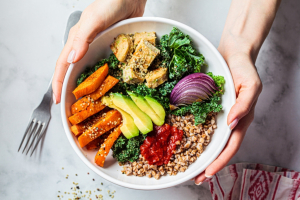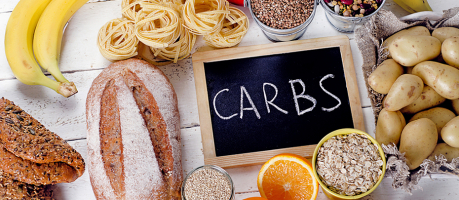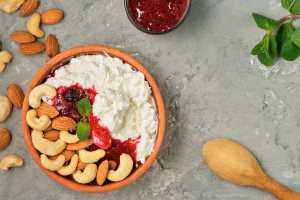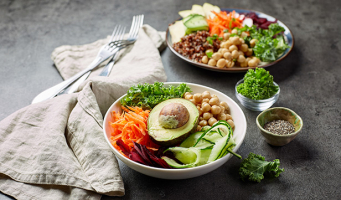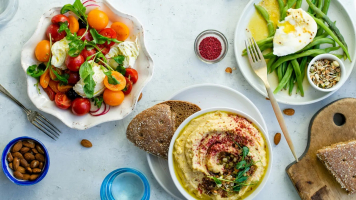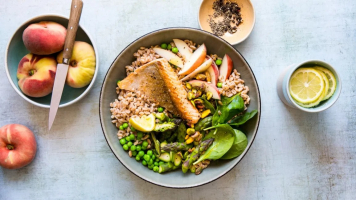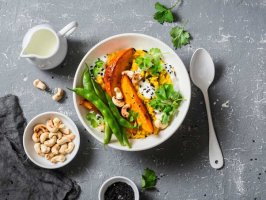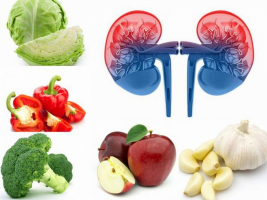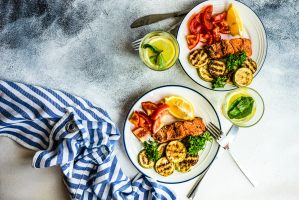Top 7 Best Caribbean Cultural Foods for Combating Inflammation
The body's natural response to injury and illness is inflammation. However, obesity and overweight, insulin resistance, diabetes, heart disease, and cancer are ... read more...all associated with chronic inflammation, which can be altered by nutrition, insufficient sleep, and excessive levels of stress. Fortunately, research has found that some regional cuisines from the Caribbean, as well as general lifestyle choices, reduce inflammation. Here are the best Caribbean meals that are anti-inflammatory.
-
The Trinidad & Tobago Fine Cocoa Company is one of the region's oldest producers of high-quality cocoa goods with a lengthy history in the region. Antioxidants called flavanols, which are included in cocoa products, have anti-inflammatory qualities that may safeguard the integrity of blood vessels, so lowering your risk of heart disease and stroke. They could also enhance recuperation and workout performance. Additionally, by boosting the generation of nitric oxide, flavanol-rich cocoa and dark chocolate protect blood vessels from oxidative stress, which develops with aging and in smokers.
A substance called nitric oxide may lessen inflammation and maintain normal blood flow. Dark chocolate with a higher cocoa content provides more flavanols and antioxidant benefits overall, albeit it may be a little less tasty due to the bitterness that comes with increased cocoa content. Snack on dark chocolate bits or unwind at night with a warm cup of cocoa tea.
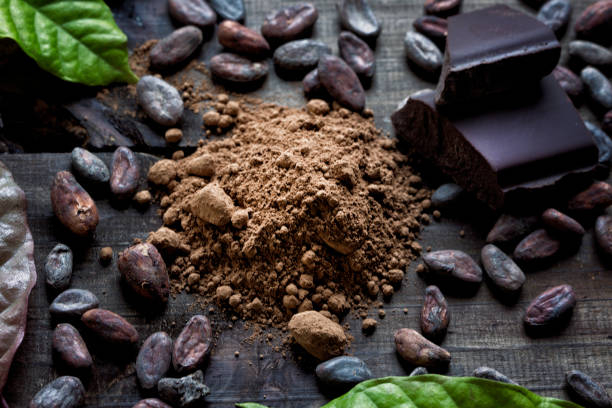
Cocoa and dark chocolate 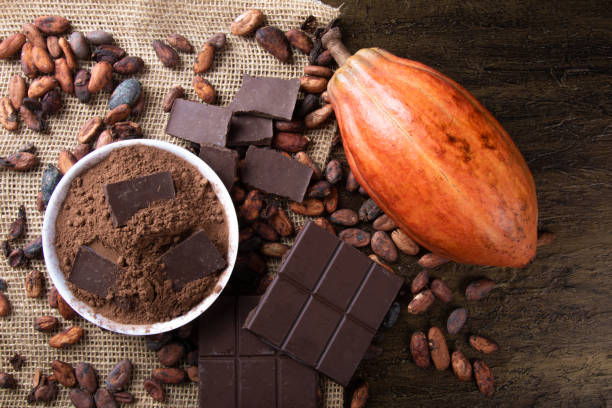
Cocoa and dark chocolate -
The West Indian cherry (Malpighia emarginata), often known as acerola, is praised for the significant amounts of ascorbic acid (vitamin C) it contains. This fruit has 1,650 milligrams of vitamin C per cup (98 grams). That is 18 to 22 times the daily consumption of 75 mg for women and 90 mg for males which is advised. By lowering the body's concentration of free radicals, which are metabolic waste products, vitamin C reduces inflammation.
Its ability to lower the risk of acquiring some malignancies is now being researched. Other anti-inflammatory substances including carotenoids, polyphenols, and flavonoids are abundant in West Indian cherry, which may also have anti-aging benefits. The fruit may be eaten raw or juiced and blooms between spring and autumn.
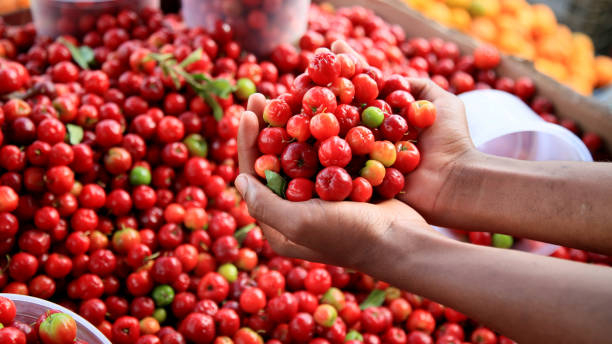
West Indian cherry (acerola) 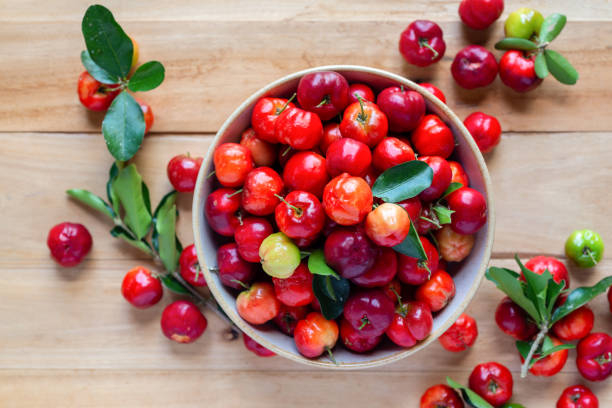
West Indian cherry (acerola) -
The pimento pepper (Capsicum annum), a member of the capsicum family of peppers, contains phytochemicals that may have anti-inflammatory and antioxidant activities. Alkaloids, carotenoids, flavonoids, quercetin, and capsaicinoids are a few of them.
In experiments on animals, rats with obesity had their adipose tissue production of pro-inflammatory chemicals decreased by capsaicin, the spicy component of mild and hot peppers. Additionally, it reduced cell deterioration in mice's stomachs. But human research is required. Although less spicily, the pimento pepper is similar to the habanero pepper (Capsicum chinense). It is generally used to flavor a variety of prepared foods, such as stews and soups.
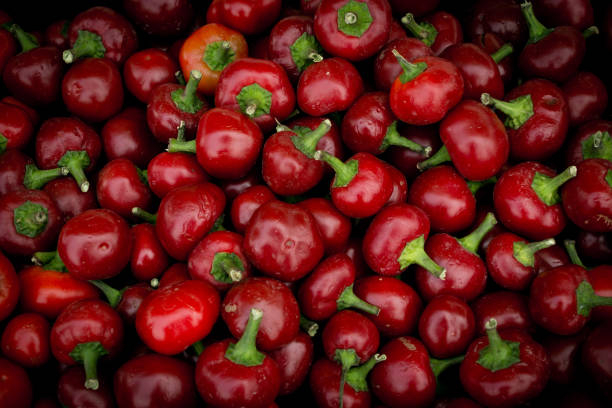
Pimento pepper 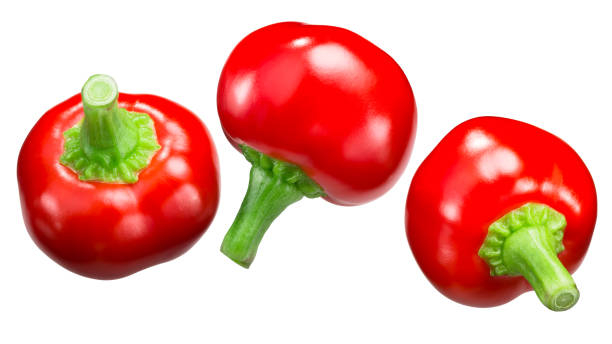
Pimento pepper -
Roselle, often known as red sorrel (Hibiscus sabdariffa), is a staple of conventional medicine. Red sorrel has been linked to reduced cholesterol and blood pressure in both animal and human research. Additionally, it could lower inflammatory indicators, insulin resistance, and body weight.
According to one study, the plant is a solid candidate for research into its potential as a herbal supplement for the treatment and prevention of cancer. But further human clinical studies are required. The presence of anthocyanins in red sorrel, together with other polyphenols and hibiscus acids, may be responsible for its health advantages. Cold or hot, roselle tea is a preferred beverage. In the Caribbean, sorrel juice, a popular holiday beverage, is made mostly from the plant's fresh and dried leaves.
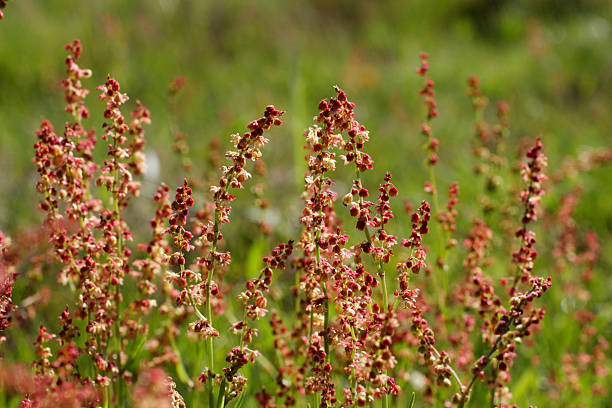
Red sorrel 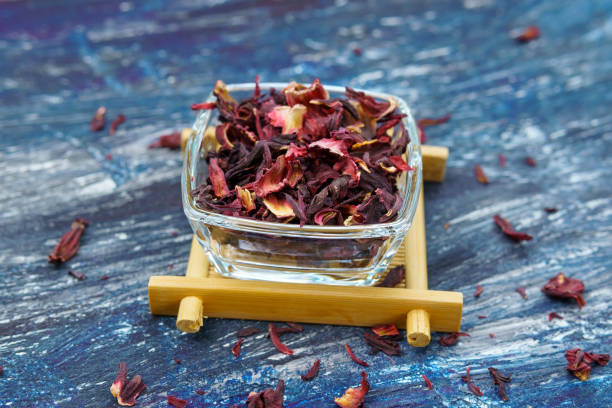
Red sorrel -
Passion fruit (Passiflora edulis) and other members of the Passiflora family extracts have long been utilized in herbal remedies to treat anxiety and convulsive disorders. Flavonoids, piceatannol, and triterpenoids, which are strong anti-inflammatory and antioxidant substances found in them, may decrease blood pressure, cholesterol, and high blood sugar levels.
In one research, males who were overweight had improvements in their insulin sensitivity, blood pressure, and heart rate. On the other hand, it didn't have the same impact on overweight or moderately obese women. Although it is sour, passion fruit can be consumed raw, juiced, or made into lilikoi jelly, a traditional Hawaiian breakfast dish.
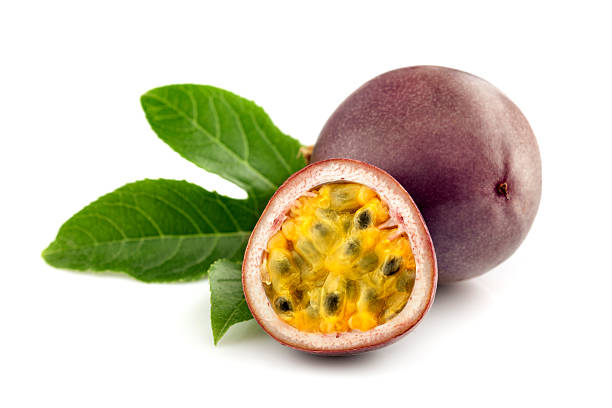
Passion fruit 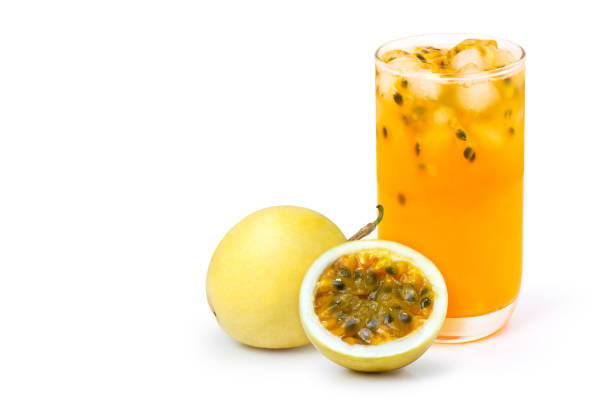
Passion fruit -
In addition to protecting brain health, curcumin may also help prevent diabetes, cancer, heart disease, intestinal disease, arthritis, and inflammation brought on by obesity. Turmeric's main ingredient, curcumin, is what gives the spice its anti-inflammatory and antioxidant benefits.
Black pepper's main element, piperine, may improve your body's absorption of curcumin, increasing the amount of this potent anti-inflammatory molecule that is available to you. In the Caribbean, curry and other foods flavored with Indian spices, such as geera, frequently use turmeric (ground cumin).
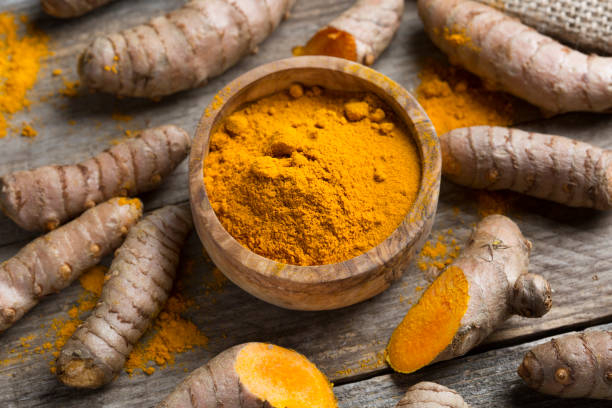
Curcumin (turmeric) 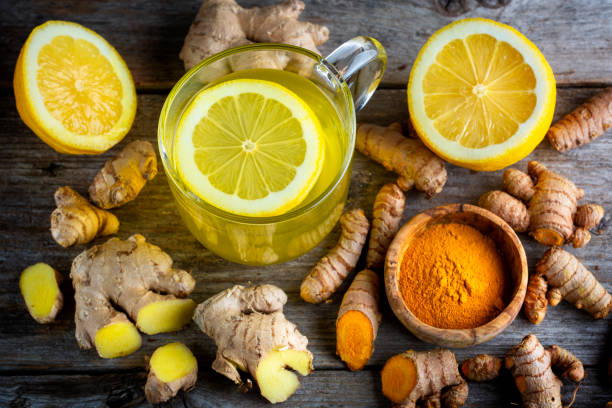
Curcumin (turmeric) -
The ability of cinnamon to lower blood sugar levels is widely documented. With the addition of cinnamon bark polyphenol extracts to a high-fat diet, rats' insulin resistance and adipose tissue inflammation were reduced. Human investigations, however, have produced contradictory findings. For instance, research found that supplementing with cinnamon dramatically decreased most inflammation-related biomarkers.
However, two clinical studies in individuals with type 2 diabetes revealed that taking cinnamon supplements decreased cholesterol levels, but inconsistently decreased indicators of inflammation. Studies indicate that cinnamon could be used as a supplement to traditional therapy to treat inflammation, although more study is required in this area.
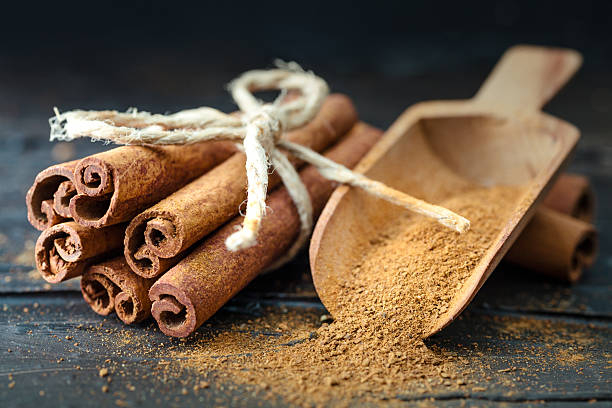
Cinnamon 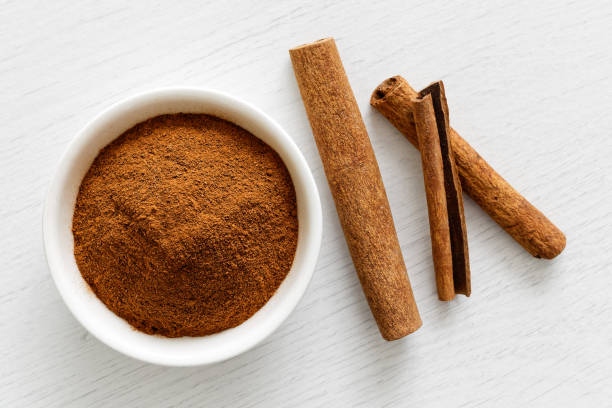
Cinnamon











